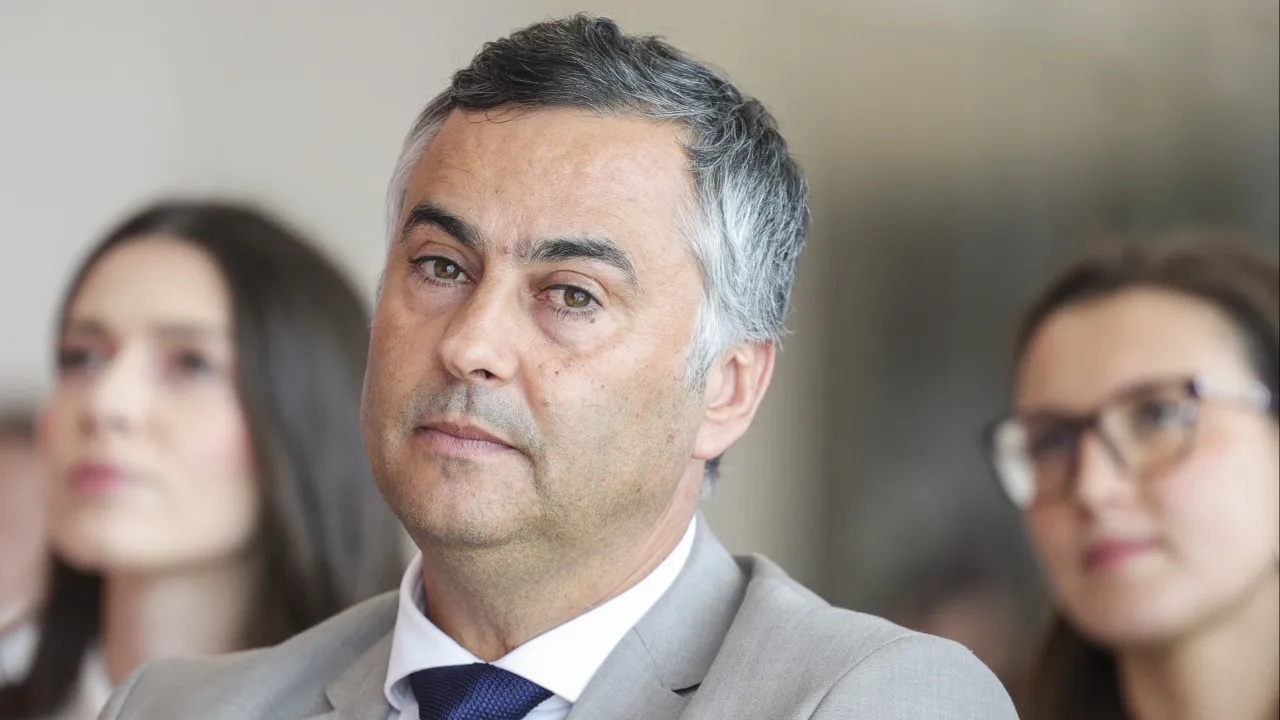
“In 2024/2025, we did not know the number of students without classes, but in 2025/2026, we will know,” assured Fernando Alexandre during a parliamentary hearing requested by Chega and the Liberal Initiative to address the shortage of teachers and the audit on the indicator of students without classes.
The audit had been commissioned by the Ministry of Education, Science, and Innovation following controversy surrounding last year’s data on students without classes. It concluded that “the current process of determining students without classes does not allow for an accurate count.”
Responding to parliamentary members, Fernando Alexandre emphasized that KPMG’s audit findings revealed that the Ministry of Education’s services have inaccurately accounted for the impact of teacher shortages in recent years.
“We have 212 software applications, and none serve to count the number of students without classes,” reported the official, describing a “heavy and disorganized bureaucratic machine.”
Consequently, a new information system will be established as part of a broader restructuring of the Ministry of Education.
“The reform is not just organizational; it is specifically about information systems, which must have an organic view of the system,” stated Fernando Alexandre, without further details.
Following the audit recommendations, the plan is to use class summaries to accurately determine which students missed classes and in what subjects. However, the minister noted that despite existing applications for this purpose, there is no standardized procedure for record-keeping.
After discussions on primary and secondary education, Fernando Alexandre addressed higher education and science in a second hearing requested by the Socialist Party concerning funding cuts to research and development units rated “Very Good.”
In April, the Foundation for Science and Technology (FCT) released provisional results of the evaluation of R&D units, funding 635 million euros for the 2025-2029 period, distributed among the 313 approved units.
Questioned about the funding cuts to units rated “Very Good,” the minister explained the focus was on rewarding excellence in light of the increase in units rated “Excellent,” but recalled the 50 million euro increase announced two weeks ago, which will benefit some affected units.
Nonetheless, Fernando Alexandre highlighted the need for research centers to diversify funding sources, noting that many units rated “Very Good” are highly dependent on the FCT’s base funding.
The minister further noted that the national scientific system is highly fragmented, announcing that a revision of the Science Law will soon begin, aiming to create “incentives for system reorganization, better aligned with national and European challenges.”




